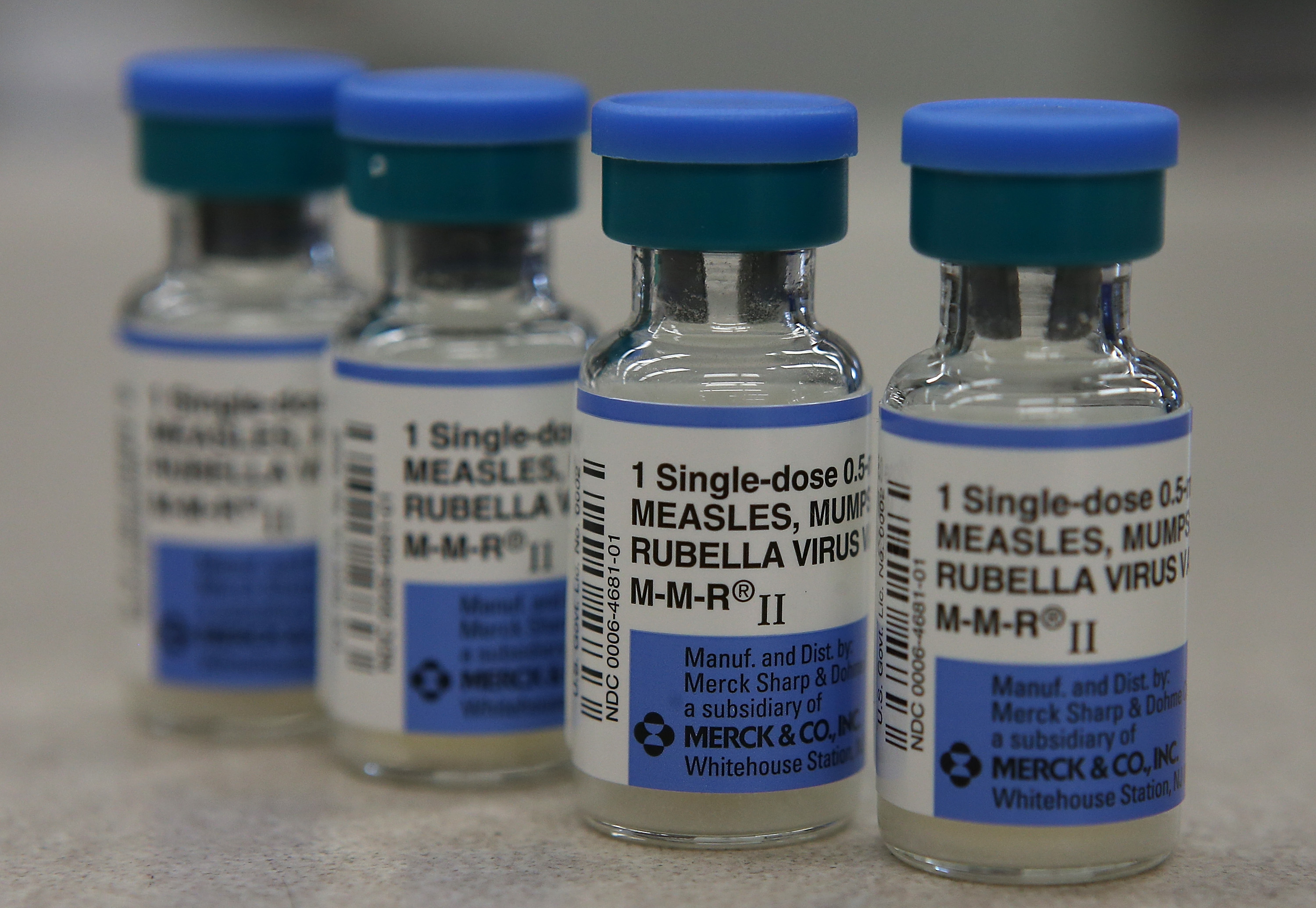With measles outbreak declared a health emergency in two states, should we brace for far worse infections?

Measles, a highly contagious infection, which was almost completely eliminated from the United States by 2000 through a vaccine, has made an alarming comeback in the country, as multiple states face major outbreaks of the disease. The infection has been declared an emergency in two states with the total number of reported cases rising to 465 in the country as of April 4, according to the Centers for Disease Control and Prevention (CDC). The number is 78 cases more than what was reported last week.
A total of 19 states in the US have reported cases of measles outbreak with Florida, Indiana, Massachusetts, and Nevada witnessing their first cases of the year. Other states that have been affected include New York, Washington DC, Arizona, California, Colorado, Connecticut, Georgia, Illinois, Kentucky, Michigan, Missouri, New Hampshire, New Jersey, Oregon, and Texas.

With the number of those infected growing, Washington State declared a state of emergency after an outbreak affected 73 people in just one county. New York City on Tuesday became the latest to declare a public health emergency and ordered mandatory vaccinations of some people in Brooklyn, implementing a fine of $1,000 in case of refusal.
The city has registered 285 confirmed measles cases ever since the outbreak began last fall.
According to the CDC, the number of measles cases this year "is the second greatest number of cases reported in the United States since measles was eliminated in 2000."

With measles cases at a record high in the country, it brings into question whether people should brace for more such highly contagious infections in the future.
A pediatric specialist in infectious disease at Augusta University Health, Dr, Chitra Mani, while talking to MEA WorldWide, said that the current outbreak could be seen as a gateway infection and "it is only going to get worse." She said that the primary reason for such outbreaks is not getting vaccinated against the virus.
The infectious disease specialist, on being asked whether anti-vaxxers — people who refuse to get themselves or their children vaccinated — have a part to play in the recent measles outbreak, said that they have a significant role in it.

An expert from CDC told MEAWW that one of the contributing factors of the outbreak is that "one in 12 children in the U.S. is not receiving his first dose of MMR vaccine on time, underscoring considerable measles susceptibility across the country."
" When measles gets into communities of unvaccinated people in the U.S. (such as people who refuse vaccines for religious, philosophical or personal reasons), outbreaks are more likely to occur. These communities make it difficult to control the spread of the disease and make us vulnerable to having the virus re-establish itself in our country again," the expert said, adding that fresh measles cases continue to be brought into the country by US citizens who get infected while in other countries.
Anyone who is not protected against measles is at risk of getting the disease anywhere (school, work, the gym, etc.) and any time of the year, as well as while traveling internationally, the CDC said.